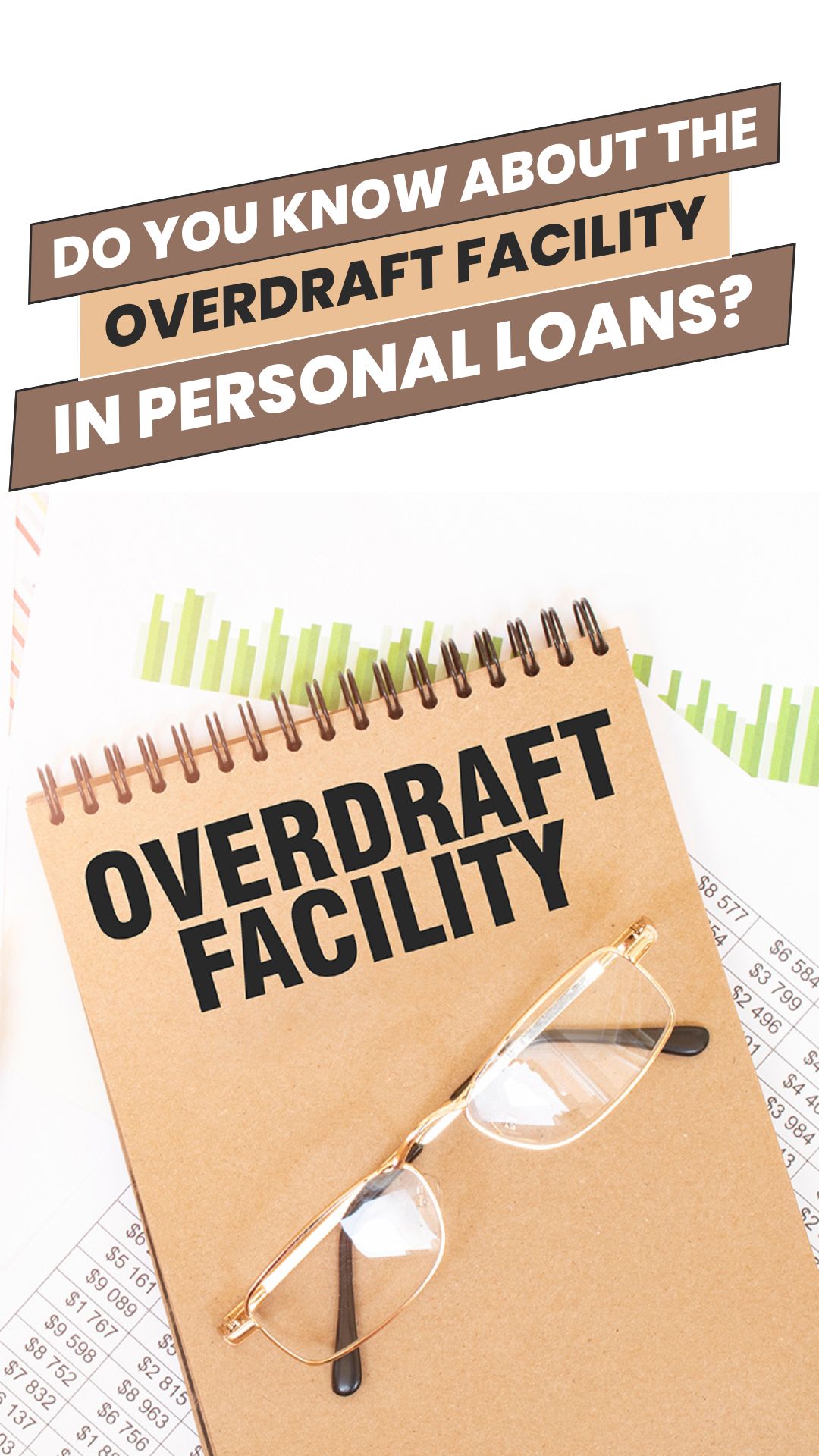Tips & Tricks to Know Before Applying for a Personal Loan
Navigating the process of getting a personal loan could be made straightforward with the right guidance and preparation. In this video, we’ll discuss how to apply for a personal loan while avoiding common pitfalls and making well-informed decisions.
We’ll cover key aspects such as assessing your financial situation and understanding how much you should borrow based on your needs. You might learn why it’s important to compare different lenders to find the best interest rates and loan terms that fit your financial plans.
We’ll also explain the types of interest rates, fixed and floating, and how each could impact your EMIs. Additionally, we’ll highlight the significance of reading the loan agreement carefully to avoid unexpected fees like late charges or foreclosure fees. This is vital because they could add to your overall loan costs.
Finally, we’ll discuss the importance of monitoring your credit score, creating a solid repayment strategy, and maintaining an emergency fund to stay prepared. You’ll also discover why seeking expert advice could help in making the right financial decision and ensuring smooth loan management.

Key Takeaways
Evaluating your financial situation before applying for a loan might help ensure you borrow and repay an amount you can manage comfortably
Comparing lenders might help you secure favourable interest rates and loan conditions that align with your financial goals
Knowing the difference between fixed and floating interest rates could guide you in selecting the right EMI structure
Carefully reviewing the loan agreement might prevent surprises related to additional charges like late fees and foreclosure costs
Unexpected charges, such as late fees or early repayment costs, could increase the overall loan expense
Planning a strong repayment strategy might make managing the loan easier and prevent financial strain
An emergency fund could help ensure that your loan payments stay on track, even in the face of unforeseen financial challenges
What to Watch Next
Bites
































